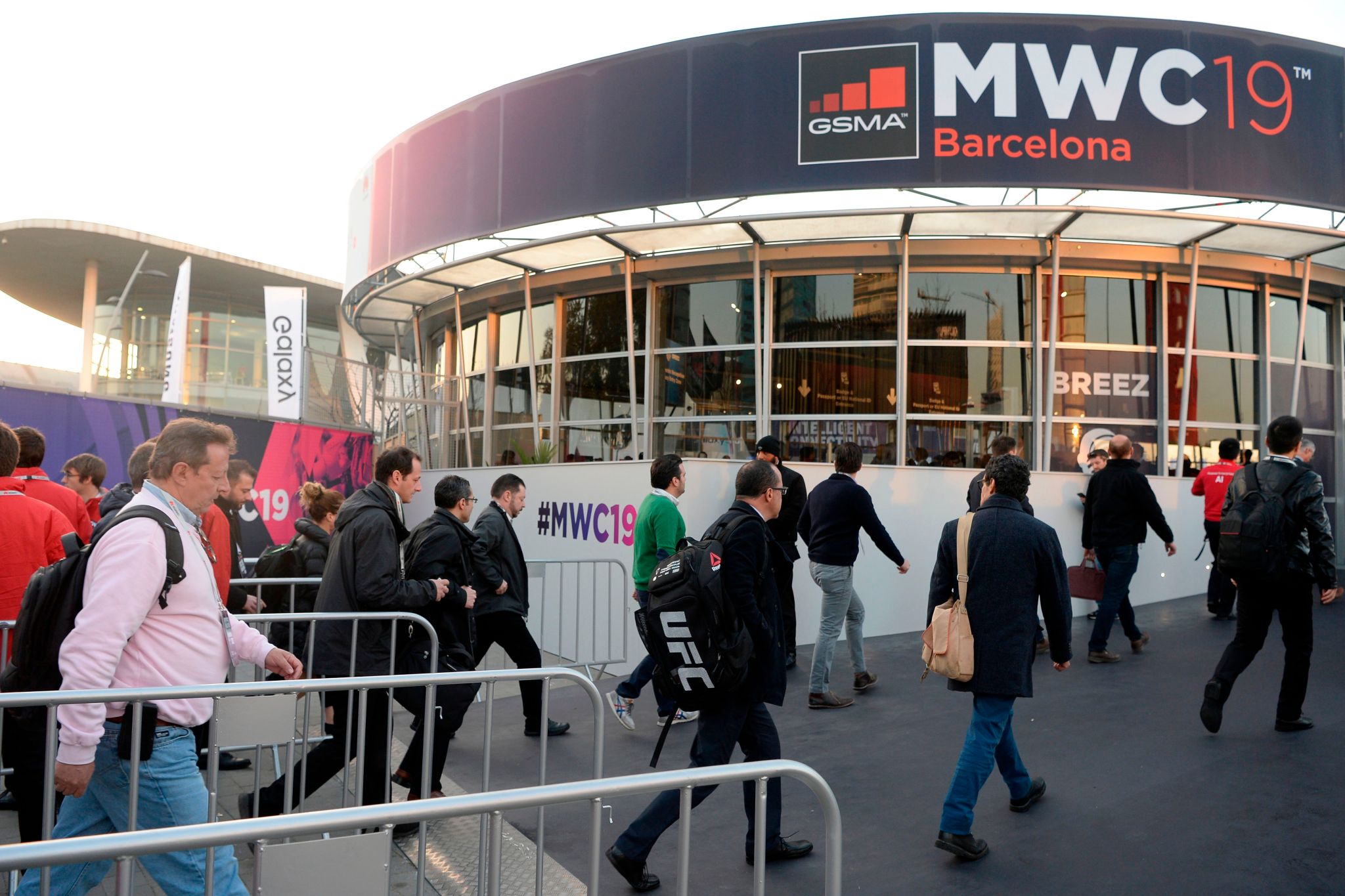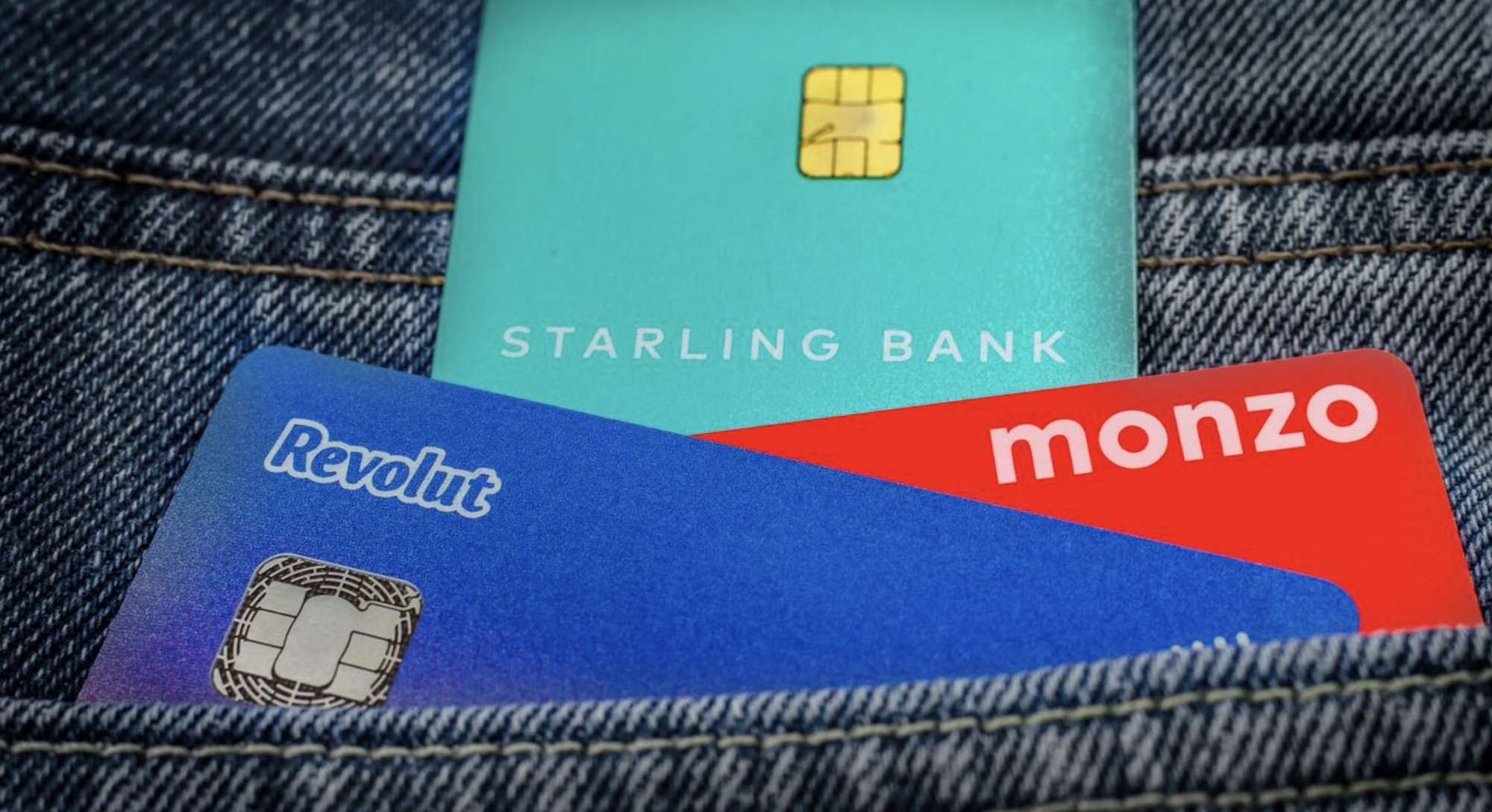Find out the week’s top mobile stories from around the world. Stories this week include… Meta to introduce paid verification for Facebook and Instagram accounts, Mozilla says “most top apps” on Android have misleading privacy labels, What we expect from MWC 2023 and much more…

Meta to introduce paid verification for Facebook and Instagram accounts
Mobile Marketing Mag
Meta is to introduce a verification service called Meta Verified for Facebook and Instagram users. It will launch initially in test mode later this week in Australia and New Zealand, costing AUD$ 19.99 (£11.46) per month for web users and AUD$24.99 per month for iOS and Android users. Meta said it hopes to bring Meta Verified to the rest of the world “soon”. It will not be available for business accounts initially.
In return for the subscription fee, users will get a verified badge that authenticates their account; proactive account protection; access to account support; increased visibility and reach’ and “exclusive features to express yourself in unique ways”. These include stickers on Facebook and Instagram Stories and Facebook Reels, and 100 free stars a month on Facebook to enable verified users to show their support for other creators.
Read more…
Mozilla says “most top apps” on Android have misleading privacy labels
Ars Technica
It looks like trusting developers to just tell the truth about data collection on Google Play isn’t working out. Just like on iOS, Android launched app privacy “nutrition labels” in the Play Store last year, with the idea being that users could quickly get a look at how much data each app collects. The obvious problem with this system is that the developers fill out the data-collection forms, and there’s nothing to stop them from lying or omitting certain data-collection policies. It’s no surprise, then, that when Mozilla recently audited the top apps on Google Play, it found that “most top apps” have “false or misleading” app privacy labels.
Read more…
What we expect from MWC 2023
Tech Crunch
In a word: “telecom.” Network and enterprise have long played a key part in Barcelona’s big mobile show, but more than ever, such topics are going to have an outsized role at the event. The consumer element appears to be taking an increasing back seat at the event, which kicks off in earnest next Monday.
The truth of the matter is that Mobile World Congress was never a consumer tech show, per se, but the participation of various smartphone makers transformed it into a handy launching pad. CES (held back in January) is the place where every other category, from smart home and wearables to automotive and robotics, gets their time to shine, while MWC happily adopted the monitor of the big smartphone show.
Read more…
How Helsinki became the mobile gaming capital of the world
BBC
Think of the cities of the world which are renowned as hotbeds of innovative technology and Helsinki might not be near the top of the list.
However, the often snow-covered streets of this relatively quiet northern European capital are home to some of the most ambitious and successful games makers in the world.
The first Angry Bird was flicked across the screen of an iPad in Helsinki, it’s home of major games studios like Clash of Clans maker Supercell, and is also the place Netflix has chosen to set up its first ever internal gaming studio. “Why Helsinki? It is home to some of the best game talent in the world,” the streamer has said.
Read more…
The Rise of Mobile Gaming in South Africa
The Rugby Paper
The South African mobile gambling industry experienced a boost in the last decade partly because of increased smartphone use in the country. Increased smartphone use opened a floodgate of opportunities for mobile casino and sportsbook operators seeking to expand in South Africa.
Over 300 million Africans were using smartphones in 2019, comprising a market worth $15 billion. The last decade saw a 400% increase in mobile Internet subscriptions in the Sub-Saharan region. And today, 5G smartphone use is on the rise all over Africa.
Read more…
Customer Communication: How Having A Mobile App Can Help
Forbes
Mobile apps are now a go-to for many growing businesses, and for good reasons. Many consumers love mobile apps, using them daily for almost anything, from gaming to online shopping. Almost gone are the days of window shopping; most customers now browse mobile applications to quickly decide if they can find what they’re looking for in the online store or if they should look elsewhere. This is just one reason an app can help your business acquire and retain customers. This article expands on ways having a mobile app for your business can help with potential customer communications.
Read more…
Which European banking app is winning the race for customers?
Sifted
It’s been a decade since Europe’s first neobanks emerged, promising users easier access to their money than legacy banks, on top of buzzy interfaces and smart features.
Since then, they’ve had more than their fair share of growing pains, and legacy banks have adapted by setting up or improving their own digital banking app offering. All this has intensified the fight for customer share in a crowded market.
So who’s winning? Which digital banking apps have grown the most over the last couple of years? And are legacy banks beginning to catch up with their neobanking peers?
Read more…
Near-immortal devices and a sustainable deploy-and-forget future
Ericsson Blog
A zero-energy IoT (ZE-IoT) future promises huge potential to the cellular IoT industry, expanding the scale of IoT use cases and transforming device management. But what exactly does this future look like, what are the challenges, and what more can be done? Let’s take a look.
But first, how does the IoT landscape look today? One of the key objectives of 5G, apart from enhanced mobile broadband (eMBB), is the use of cellular technologies to support massive IoT use cases that are delay-tolerant and able to support a high number of various sensor devices and controllers.
Read more…
Longer ads are performing better than shorter ads
Pocket Gamer
While short attention spans are an issue that the entire media industry is trying to tackle, a new report by Liftoff suggests that longer video ads are, on average, up to 50% more effective than shorter ones.
Mobile app marketeers Liftoff have found that adverts that are between 31 to 60 seconds long perform better than shorter adverts. This is contrary to the wider perception that a user’s attention span will drift if content is anything longer than a few seconds. As an example, they found one of Playrix’ Homescape adverts – which tied together short scenes of the app together and showcased gameplay mechanics – drastically improved conversion.













